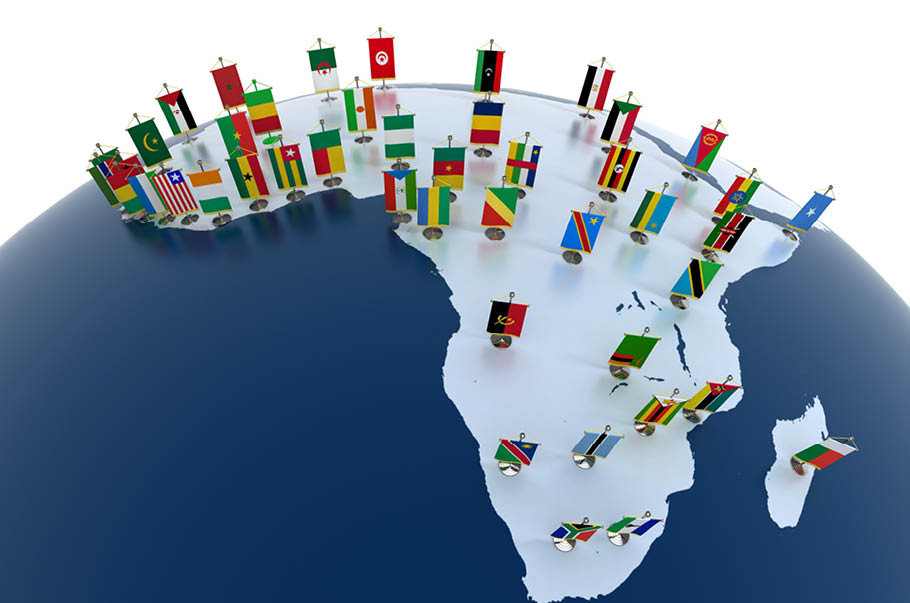“The scale of investment of Polish entrepreneurs in Africa remains low, yet we can see a positive change in the growth rate,” says Robert Zduńczyk, the founder and president of the Poland-East Africa Economic Foundation, to the Newseria Business News Agency. “Several years ago, such investments could have been literally counted on the fingers of one hand, while currently, there are several dozens of them in different sectors. Entrepreneurs often begin e.g. from the tourist industry, but there are also investments in the industrial processing sector, which, in turn, is very important to the African countries.”
Since last year, the Polish Investment and Trade Agency has been maintaining nine foreign sales offices in Africa: in Abidjan (Ivory Coast), Addis Ababa (Ethiopia), Algiers (Algeria), Casablanca (Morocco), Dakar (Senegal), Johannesburg (South Africa), Cairo (Egypt), Lagos (Nigeria), and Nairobi (Kenya). Only last year, they recorded 700 enquiries from Polish companies interested in exports and investments in Africa. Moreover, the call for proposals for support of expansion into Egypt, Algeria and South Africa under the Polish Technological Bridges programme ended in mid-June. As the PITA representatives say, these countries have a large demand for investments in the area of food processing, IT, or medical equipment.
“Somebody said that you can throw a stone in Africa and a tree will grow out of it. This reflects the reality of what is happening on this continent. I claim it to be the continent of the 21st century, for several reasons,” Robert Zduńczyk explains. “Above all, demographics suggest it. This is a very young continent, which entails enormous, often insatiable energy of the people who live there, hence different problems and pressures, e.g. concerning migration. Investment in Africa is very important from the social viewpoint as well. Thanks to the investments, people who live there will have opportunities for a decent life in their countries.”
According to the predictions of the International Monetary Fund, several African countries will develop at an impressive rate this year: Rwanda – 8.6%; Ethiopia – 7.7%; Ivory Coast – 7.4%; Senegal and Uganda –6.2% each; Egypt – 5.5%. Demographically, this continent will be developing at an equally rapid pace: while the entire continent in 2015 only had six cities with more than 5 million inhabitants, the number of such cities is expected to grow to 17 by 2030, and the population in five of them will exceed 10 million. As noticed by the McKinsey consulting company, industrial production in Africa will double from the current level of $500 billion over the upcoming decade.
“Promising sectors include all those connected with the growing population, i.e., above all, the agriculture and food processing industry,” says the president of the Poland-East Africa Economic Foundation. “Currently, Africa is an enormous construction site, which contributes to the significance of any undertakings connected with the construction or construction-related market, such as construction materials, construction equipment. Formerly, there used to be no demand for such products and services. Only 10 years ago, scaffolding was usually made of wood or bamboo; currently, large, professional scaffolding of metal or aluminium pipes can be seen at most large construction sites. This progress is evident all around.”
However, he stresses that one should regard investments in Africa as long-term ones and prepare for permanent cooperation. Especially that competition is not scarce. The Chinese have set themselves up on this continent very extensively, accounting for 12% of production. The data shows that 10,000 Chinese companies are active in Africa, employing mainly Africans, whereas 85% of these enterprises are private companies.
“Africa should not be seen through the lens of how quickly you can make money there. This would be a mistake,” Robert Zduńczyk cautions. “You should simply cooperate with people there so that they can develop as well. This situation is identical to Poland’s in the early 1990s, so it would be easier for us to understand the needs of the people on the other side.”
Robert Zduńczyk
President, Poland-East Africa Economic Foundation
Source: Newseria.pl












